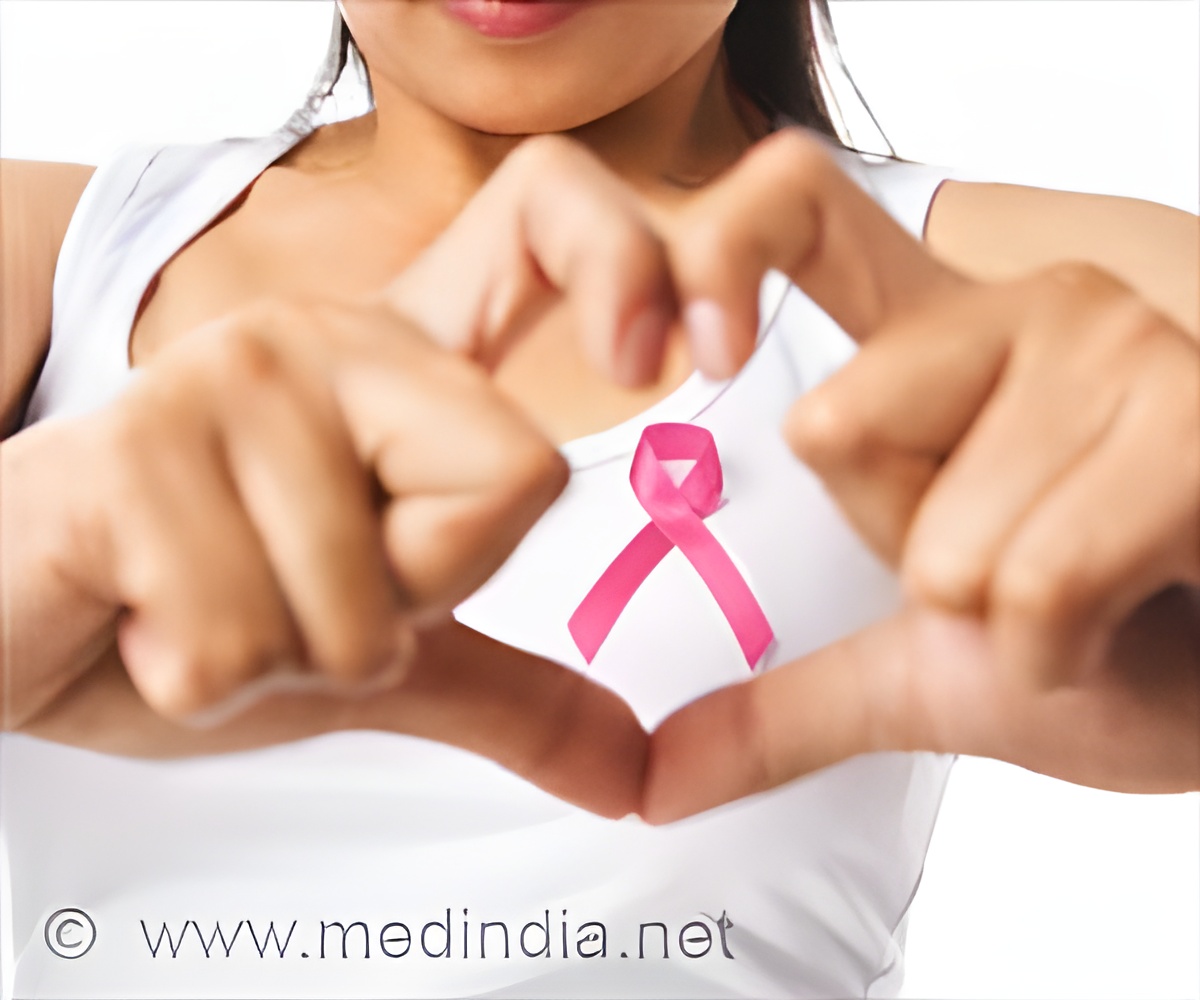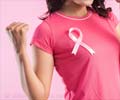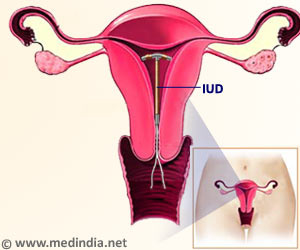A blood test measuring epigenetic aging could predict breast cancer risk, offering a tool for early detection and personalized prevention.

DNA-methylation age and accelerated epigenetic aging in blood as a tumor marker for predicting breast cancer susceptibility
Go to source).
‘Did You Know?
While many believe breast cancer is inherited, only about 5–10% of cases are actually hereditary. #medindia #cancer #breastcancer’





While many believe breast cancer is inherited, only about 5–10% of cases are actually hereditary. #medindia #cancer #breastcancer’
Advertisement
Biological Age Linked to Breast Cancer Risk in Postmenopausal Women
Breast cancer is one of the most common cancers worldwide, with the risk increasing significantly after menopause. The researchers analyzed blood samples from postmenopausal, non-Hispanic white women. They discovered that those with an “older” biological age had a significantly higher risk of being diagnosed with breast cancer. The risk was even greater in women who had their ovaries removed before natural menopause, likely due to reduced estrogen levels, a hormone that plays a key role in aging and breast health.“Of note, in women with bilateral oophorectomy before natural menopause experiencing shorter lifetime estrogen exposure than those with natural menopause, epigenetic age substantially influenced BC development, independent of obesity status and exogeneous estrogen use.”
Advertisement
Lifestyle Factors and Their Impact on Epigenetic Aging
The study also found that lifestyle factors influence epigenetic aging and breast cancer risk. Women with obesity experienced faster biological aging, which increased their risk of developing cancer. Meanwhile, hormone replacement therapy had varying effects depending on the type and duration of treatment.Early detection of breast cancer is crucial for effective treatment and survival. Traditional risk assessments—such as age, family history, and lifestyle habits—may not provide the full picture. This study suggests that adding a blood test to measure biological aging could help clinicians identify high-risk women earlier and offer personalized prevention strategies.
How Lifestyle Choices Can Reduce Breast Cancer Risk
With further research, this blood test could become a routine screening tool in women’s health check-ups. It may empower women to take proactive steps to reduce their breast cancer risk through healthy lifestyle choices, including maintaining a balanced diet, staying physically active, and considering appropriate hormone therapies under medical supervision.In conclusion, further studies are needed to validate these findings and explore their applicability to a broader population of women. However, this research presents a promising, non-invasive, and cost-effective approach to predicting breast cancer risk.
Reference:
- DNA-methylation age and accelerated epigenetic aging in blood as a tumor marker for predicting breast cancer susceptibility - (https://www.aging-us.com/article/206169/text)
Source-Eurekalert














